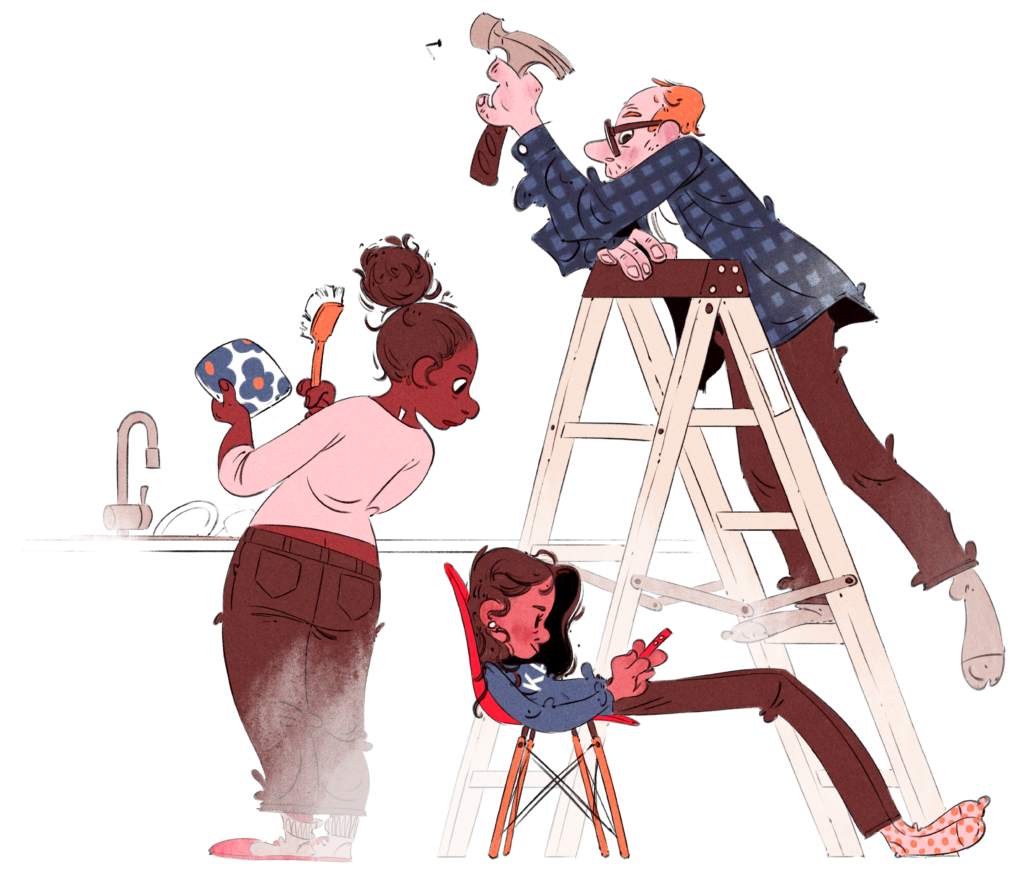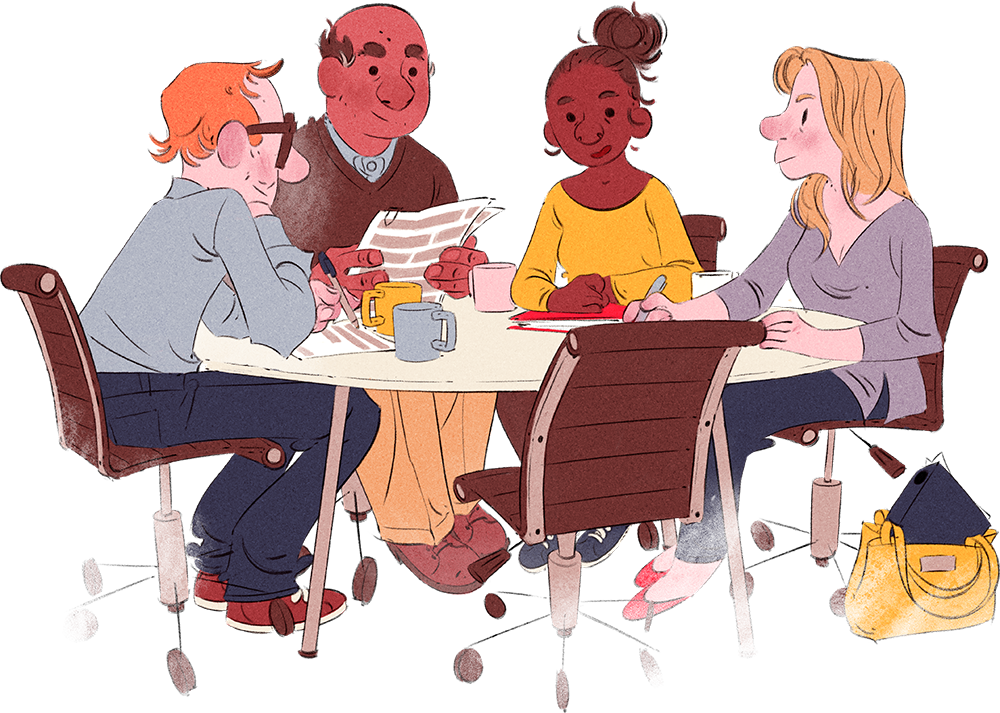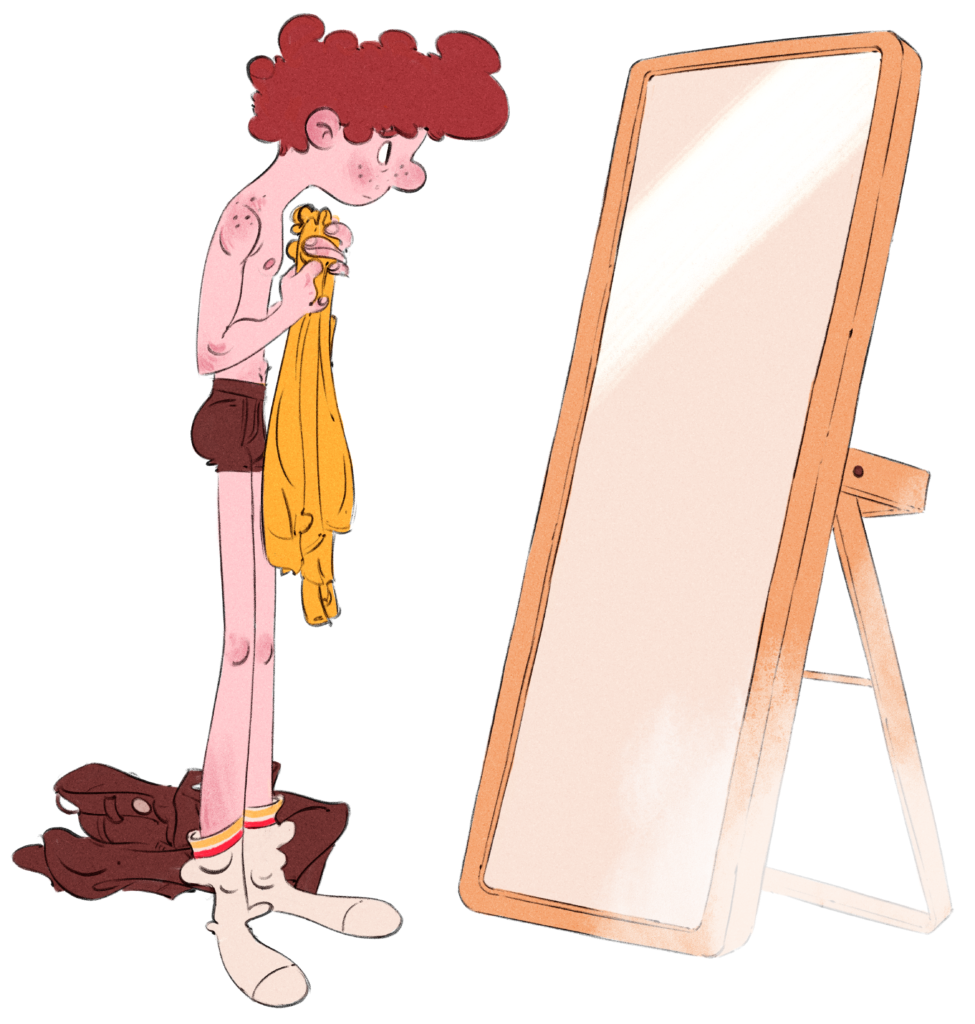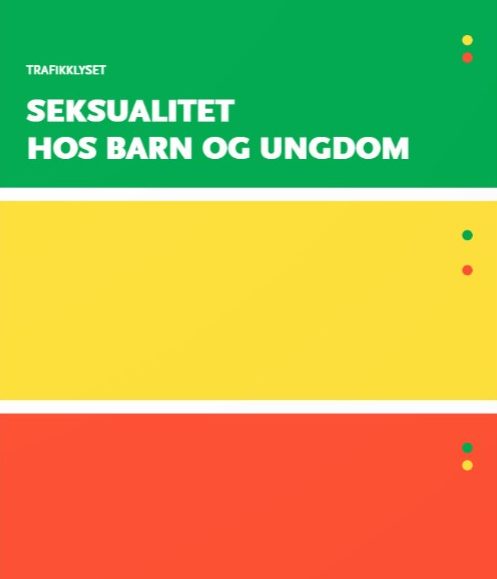For those of you who are guardians or relatives
As a parent, guardian or relative, it can be difficult to know what to do when you become concerned about a child’s or young person’s sexual behaviour.

Many people need assistance from support equipment to sort out impressions and feelings, to know how to proceed and how to take care of all affected parties.
In some cases, you know, or are related to, both the person who practices and the person who is exposed to sexual transgressions, which can be experienced as extra burdensome.
For many, talking about sexuality, including sexuality that causes concern, is fraught with uncertainty and shame. In addition, one may be unsure whether what one has seen or been told is outside of what is called good, healthy and developmentally adequate sexual behaviour. Discussing the incident with others is helpful.
Seek help and support
The support system has increasingly gained expertise in sexual behavior in children and young people. When sexual behavior in children and young people causes concern or is borderline-crossing, relatives can contact municipal health services such as health nurses, child welfare services, municipal psychologists or doctors to discuss what has happened. If the incidents have occurred in connection with school, the teacher and other relevant personnel at the school should also be contacted.
Some children repeatedly engage in transgressive sexual acts despite the intervention of adults. Then professional help may be necessary. Various agencies can work with the family to create a safety plan that protects other children, as well as preventing the perpetrator from being put in similar positions again.
“Statens Barnehus” can provide legal assistance (discussion about reporting, questioning, investigation and further help in the system).
BUP (psychological health care – children and young people), child welfare services and public health nurses can contribute with investigation, support and guidance. BUP can also initiate treatment.

Individually adapted assistance
Children and young people who engage in offensive sexual acts are a heterogeneous group, and the help offered must be adapted to the individual’s needs. The help must, among other things, adapted to the child’s age, background, context, culture, level of maturity and the extent of sexual transgressions.
Often, the necessary help will include guidance, talk therapy, environmental therapy, systematic work, adaptations and family work. Sexuality and sexual behavior must also be addressed.
For some, the restorative process will be important. This means that the performer and victim get help for dialogue, so that they can meet each other in different arenas without being bothered.
Different causes for offensive sexual behaviour
Children and young people who commit abuse against other children do so for various reasons. For some it’s experimenting with nascent sexuality, for others it’s repeating actions adults or other children have done to them. Others state having been exposed to sex between adults, e.g. through pornography.
Some people have difficulty interpreting other people’s and their own signals, i.e. their social skills are limited. In addition, there are impulsive actions that are not planned or have no clear cause. Having been exposed to physical violence, emotional neglect and sexual abuse increases the risk of children and young people committing transgressions against other children.
Denial is common
Many young people deny in whole or in part that they have carried out transgressive sexual behaviour. This is a normal reaction. Guidance must not focus exclusively on admission and recognition. Denying such behavior does not increase the chance of new incidents.

Prevention is possible
Facilitating good and safe development in general for the child will also prevent transgressive sexual behaviour. In addition, it is important to address more specific topics:
Text: Written in collaboration between RVTS and V27, 2021.

Traffic lights
Trafikklyset (Norwegian) is a guide for adults to identify, assess and respond to sexuality concerns. Children depend on safe adults who can support the development of healthy sexual health.